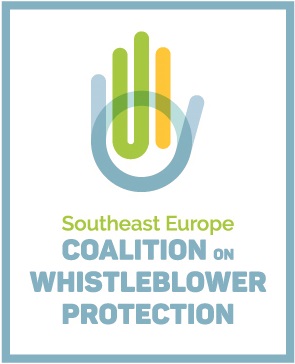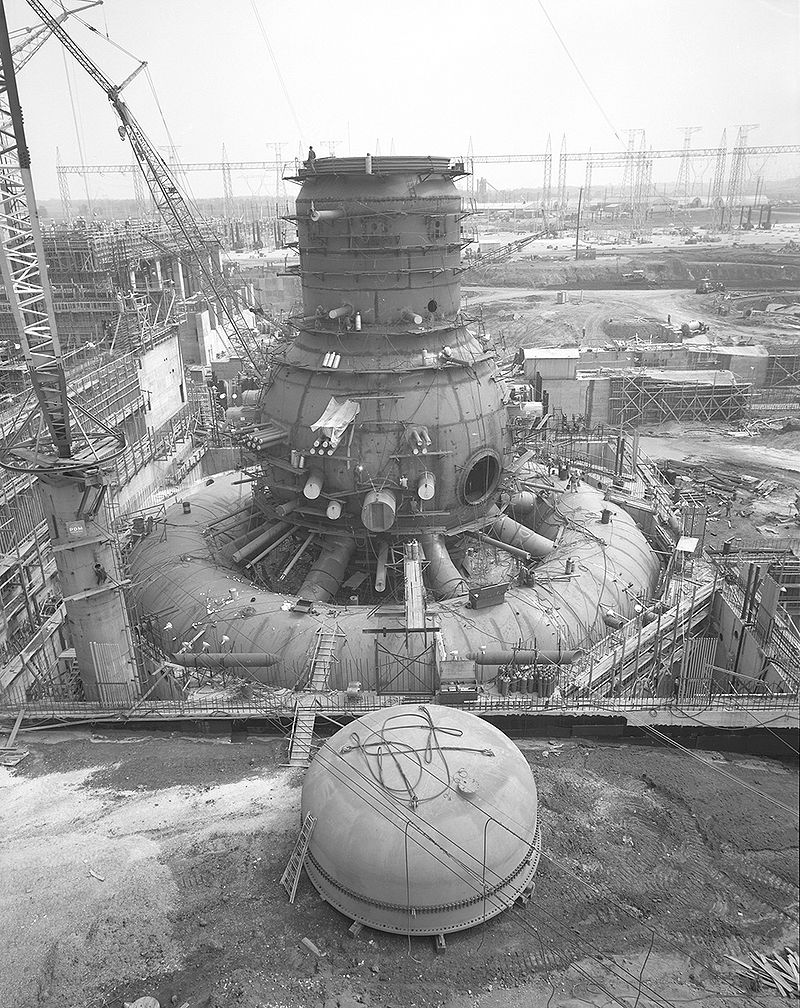Goran Lefkov
Gregory Minor, Richard Hubbard and Dale Bridenbaugh are the three whistleblowers who first went public on February 2, 1976 and said that the Browns Ferry Nuclear Plant in Alabama was unsafe. They were known to the public as the General Electric Three. They alerted the public that the new way of installing the installation in the first-generation nuclear power plants was not safe. Their action was called a school example of whistleblowing.
These three engineers attracted the attention of journalists, and their revelations about the dangers of nuclear power had a significant public impact. They timed their statements to coincide with their resignations from their positions in General Electric’s nuclear power division, and later established themselves as consultants to the nuclear industry internationally. The consulting firm they established, MHB Technical Associates, was also selected as consultants for the film China Syndrome. The three engineers participated in congressional hearings that precipitated their disclosures.
Construction of the Browns Ferry Nuclear Plant began in 1966. It was located in Alabama and received a federal building permit in 1967. The plant received new design standards that physically separated electrical cables. There was a problem with the instructions on how to achieve this, so AEK F.U. Bauer construction supervision inspectors asked the Nuclear Power Plant contractor to elaborate on the problem. They did not receive an answer. In 1970, after five failed inspections, no guidelines were issued.
The lack of instructions for separating the cables led to victimization of the coolant safety systems. A fire followed on March 22, 1975, and it was on the verge of a radiation leak. The substance separating the wires ignited, resulting in damage to the control systems. The power plant was shut down.
This event in the world of whistleblowing, as a system institute, is significant because it led a series of warnings around the world about the danger of nuclear energy. Unfortunately, many whistleblower reports in the 1970s and 1980s were swept under the rug, resulting in a series of devastating nuclear power plant disasters that we are still not safe from to this day because of the radiation they emit. Thus, only 3 years after this whistleblowing, the “Three Mile Island” disaster occurred on March 28, 1979, April 1986 in Chernobyl Ukraine, and March 11, 2011 in Fukushima, Japan. A characteristic of all these nuclear power plants was that they used reactors of the first generation, where not much attention is paid to safety.
That’s why a whole set of whistleblowers about nuclear energy from that period were registered in the world of whistleblowing. There were at least 20 whistleblowing cases of nuclear power plants in the United States between 1974 and 2012.





